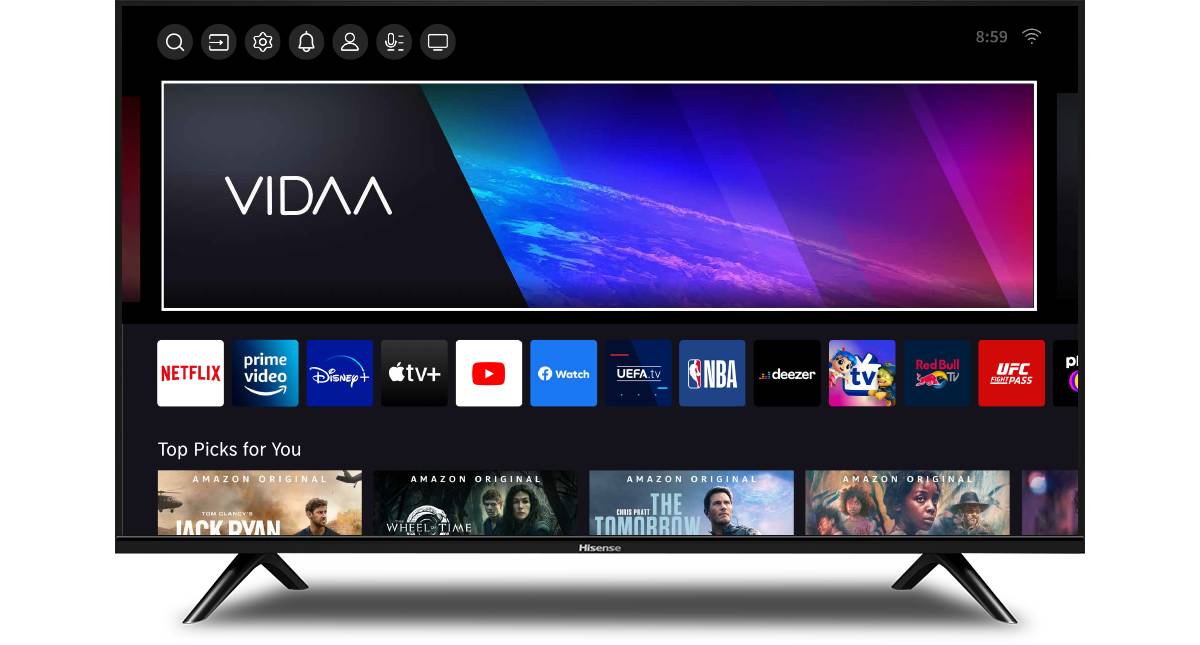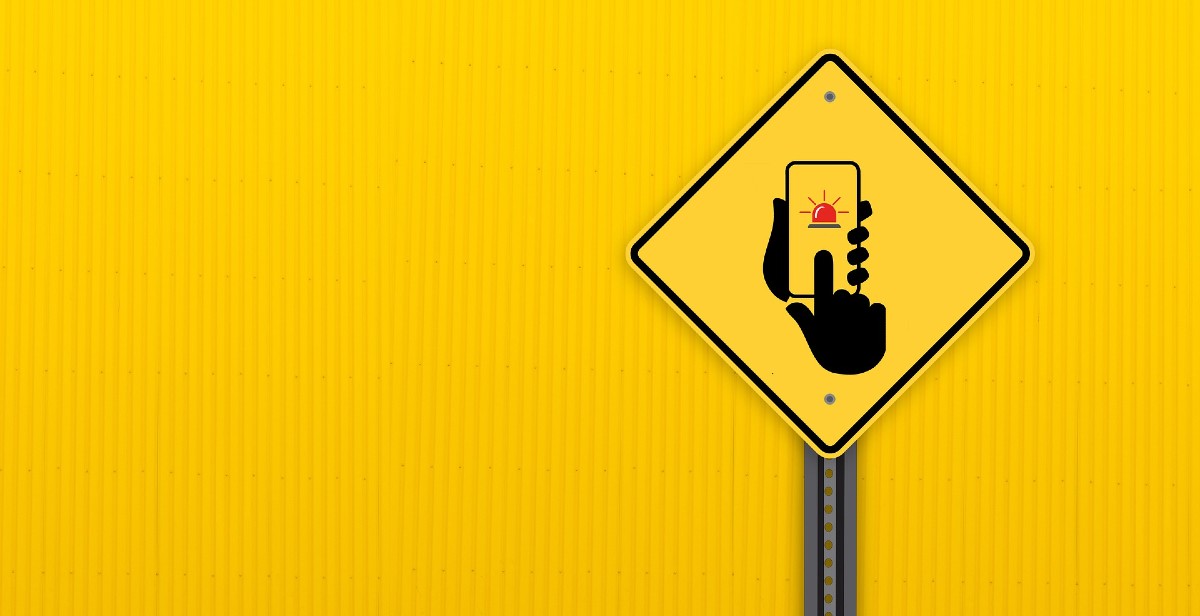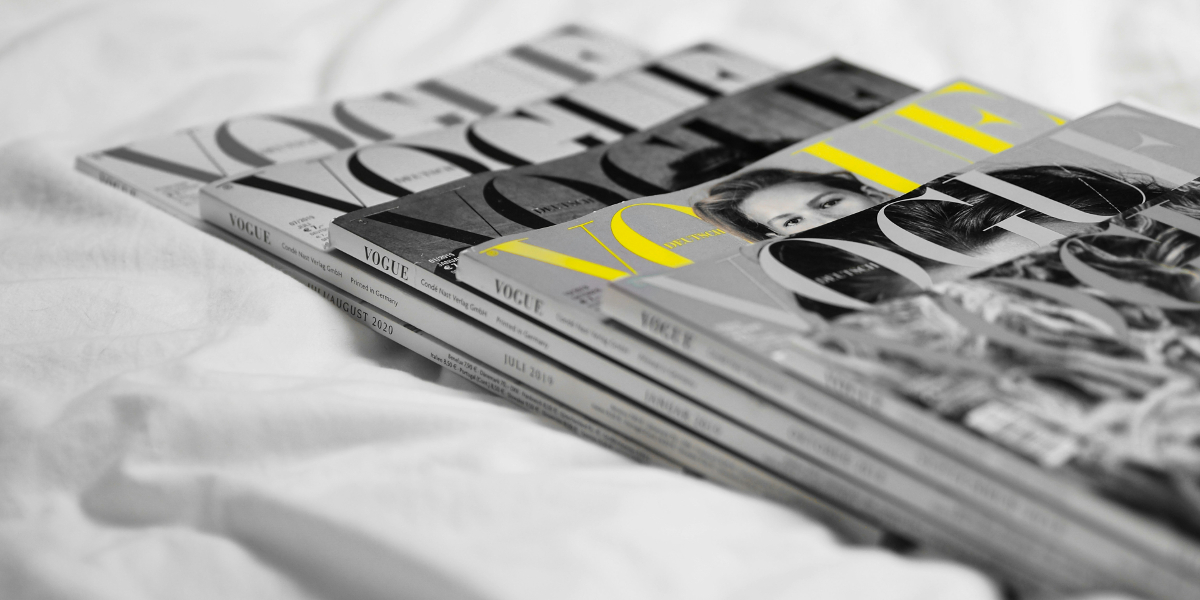Bruno Pereira is the co-founder and Director of TV App Agency, a connected app development agency headquartered in London. Today Bruno is speaking at Ubiq, the digital entertainment showcase in Paris. Here Bruno discusses TV App Agency, the technology they’ve built, and how connected TV apps are disrupting traditional broadcast business models.
For those who don’t know, what does TV App Agency offer its clients?
We’re an agency that specialises in smart TV and while we offer development services to certain customers, the key strength of our business is that we offer technology that is unique in that it enables cross-platform development across smart TV. One of the biggest challenges in the space is fragmentation because the market isn’t as defined as mobile yet, so here getting reach is incredibly important for anyone coming to the connected TV space. So our technology solves that problem.
We have also made the platform available for third parties so other developers can use it to develop their own apps, along with apps for brands and broadcasters of course. So it’s quite exciting because now we’re able to tell people that we can reduce 80 percent of their costs and effort when it comes to developing a smart TV app.
What level of expertise would someone need to have to use your platform to build an app using your engine?
It’s incredibly easy. All you need to understand is HTML, Javascript and CSS, so anyone who can develop a website should be able to build a cross-platform Smart TV app.
What types of apps are the most popular and are what are people looking for?
We produced the number one and number three apps in Spain, both in terms of usage and demand. One is a broadcasting app that is mainly used for video. Both apps are getting around 20,000 unique users a day. One is mainly for video content and but with the football app they’re looking for statistics and football as well.
In Spain we’re also going to be launching the Olympics app that will be streaming the Olympic games for RTVE and we expect to see a massive amount of users and downloads for that app, so it’s going to be interesting to see how the audience reacts to an event as big as the Olympics in a smart TV environment.
The main use for the apps is video, but there are other applications. Absolute Radio has launched an app that uses voice control and convergence, so someone, let’s call him Bruno, can use his traditional remote control to control the app, but if he’s feeling lazy he can simply talk to the TV; and if he wants to use social media features that aren’t available on a smart TV, he can use his mobile app which is directly connected to the TV app.
Other customers we’ve worked with in the UK are the leading real estate portals like RightMove, Findaproperty.com and Primelocation, like True Destination, Seychelles Connect, as well as other clients like National Rail, Food Network and Absolute Radio.
Are broadcasters creating standalone apps for specific programmes or going for apps that are more akin to the online VOD services?
They’re mainly interested in the VOD style services but we’re also seeing a big influx of subscription services like Netflix and Lovefilm. A lot of those players are trying to get into this space, whereas the broadcasters are keen to maintain the line between a live stream and VOD and want to maintain the distinction between live streaming on the traditional linear model.
What about content producers? Are you seeing independent production houses starting to consider going directly to the consumer?
Yes. A lot of the independent producers live in the shadow the broadcasers because they couldn’t possibly afford to have their own TV channel. With smart TV, if you’re looking at a $35,000 to $40,000 app, it becomes a small amount of money to invest to have your own TV channel with mass TV distribution. So we’re not only seeing the content producers moving away from the broadcasters, but also away from the content aggregators. When producers see their content on someone else’s app, it’s understandable that they want to have an app of their own.
The great thing about this development is that it has brought the focus back on to the quality of the content. With mobile apps, the focus is often on features and sometimes gimmicks that allow you to spin the screen or have things floating around the screen, but quality content is the secret to a great connected TV app.
How are people monetising their apps. Are they using advertising or subscription models?
We’re still at a point where it’s still incredibly early for the smart TV market so it’s hard to scale advertising just yet. However, even now CPMs are matching online and mobile, although I think the main strength for the connected TV market at the moment is the type of people who are currently using connected TV, most of whom are highly desirable high income consumers.
We feel the advertising agencies have been a little slow in taking up connected TV simply because of the relatively low numbers in comparison to online and mobile where you can buy audience by the millions. Although the numbers are low, conversion rates are higher.
I’ve seen this before with mobile where we had ‘the year of mobile’ syndrome. Agencies were often writing off mobile and then within three months we had agencies knocking on our door suddenly desperate to get involved with mobile. We’re at that stage already with connected TV where we’re getting bombarded with emails from companies asking how we’re monetising our content.
If a genie would allow you to change one thing about the connected TV market, what would you change?
I think I would like to change people’s mindset. I’d like to open people’s minds to the fact that this is happening now and for people to take their heads out of the sand. I’d like to remind them that if they miss the first, second and third waves – as many did with mobile – that they’re going to regret those decisions further down the line.




